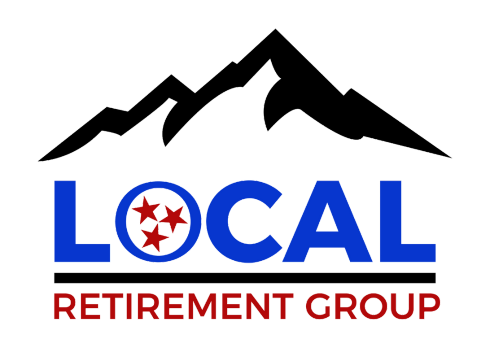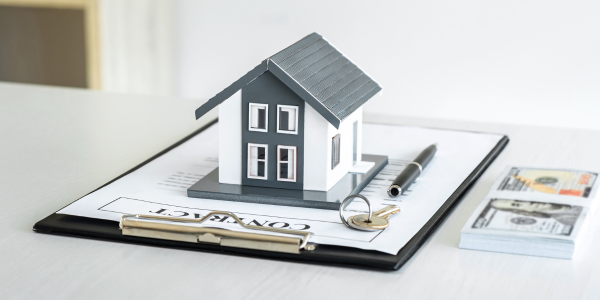Frequently Asked Questions About Homeowners Insurance

One of the most common insurance products is homeowners insurance. Also referred to as home insurance, it provides coverage for your property and assets. This policy is designed to cover loss and damage due to natural disasters, theft, or vandalism. Since homeowners insurance includes liability coverage, the policy can protect you against lawsuits for bodily injury or accidental damage.
Don't take any risks by not having your home insured. It is an essential part of owning a home as it can keep your most valued assets covered. To learn more about this, we will discuss the most common questions about this insurance policy. The following questions and answers can shed some light on the ins and outs of homeowners insurance.
Q: Do I really need homeowners insurance?
A: There's no law that requires you to carry homeowners insurance. Legally, you can own property without getting home insurance coverage. However, most mortgage lenders will require coverage to provide a home loan. This allows the lender to protect their investment from physical damage and potential liability concerns. In the event that your home gets destroyed by a storm or fire, the insurance policy will cover the repair costs.
Even if you aren’t required to carry homeowners insurance, it’s still a good idea to get some form of financial protection.
Q: What does homeowners insurance cover?
A: The standard homeowners insurance policy covers damage to the physical structure, loss of personal belongings, and personal liability for harm to others. Your policy covers damage caused by the following:
- Fire or Smoke
- Lightning
- Hurricane
- Windstorm or Hail
- Theft or Vandalism
- Falling Objects
If your home has been destroyed due to floods or earthquakes, the policy won’t cover the repair costs. But you may still purchase separate riders to cover these kinds of losses or damage. Be sure to talk with an agent about the types of insurance coverage that can protect your finances.
Q: When should I get homeowners insurance?
A: The best time to buy a homeowners insurance policy is before the closing of the home purchase. Since getting a quote now takes just a few minutes, it’s possible to shop around for the right policy. Once you’ve decided to move forward, you can get a homeowners insurance policy in a few days or weeks. This will vary depending on several factors like the type of property and the amount of coverage you need.
Q: What are the factors that affect homeowners insurance costs?
A: Insurance providers use several factors to determine your risk profile. The most common factors are your location, the condition of the property, and the coverage amount. If you live in an area where claims are more common, your insurance rate might be higher. Let's take a closer look at the key factors that impact your homeowners insurance:
- Your location and ZIP code
- Your home’s square footage
- Age and condition of your home
- Replacement cost of your home
- Your policy deductible amount
- Credit-based insurance score
- Proximity to fire halls and hydrants
- Your claims history
Q: How can I lower my monthly premiums?
A: Insurance can be an expense that you might struggle with. The good news is that there are ways you can lower the cost of your homeowners insurance.
First, you need to raise your deductible. In terms of insurance, deductibles are the amount of money you're required to pay toward a covered claim. The higher your deductible, the lower you'll pay each month. By increasing your deductible from $500 to $1000, you will save by as much as 25%.
Another option is seeking additional discounts. Insurance companies offer various discounts, so make sure you know which one you qualify for. You could save money by making automated bank payments or choosing paperless billing. Some providers offer multi-policy discounts if you bundle different types of insurance.
Work With Our Insurance Agency
As a homeowner, your property could be your most valuable asset. Choosing the right insurance coverage is the best way to protect this investment. At Local Retirement Group, our professional agents have your best interest in mind. We specialize in life insurance, health insurance, annuities, and more. No matter which policy you’re looking for, our local insurance agents can offer you the best possible coverage at an affordable price.
Don't take chances with your financial protection. Feel free to
get in touch with us today.
Find the Right Coverage for You.
Local Retirement Group
Your trusted insurance partner for life's unexpected events.
Licensed in TN, KY, NC, GA, VA










